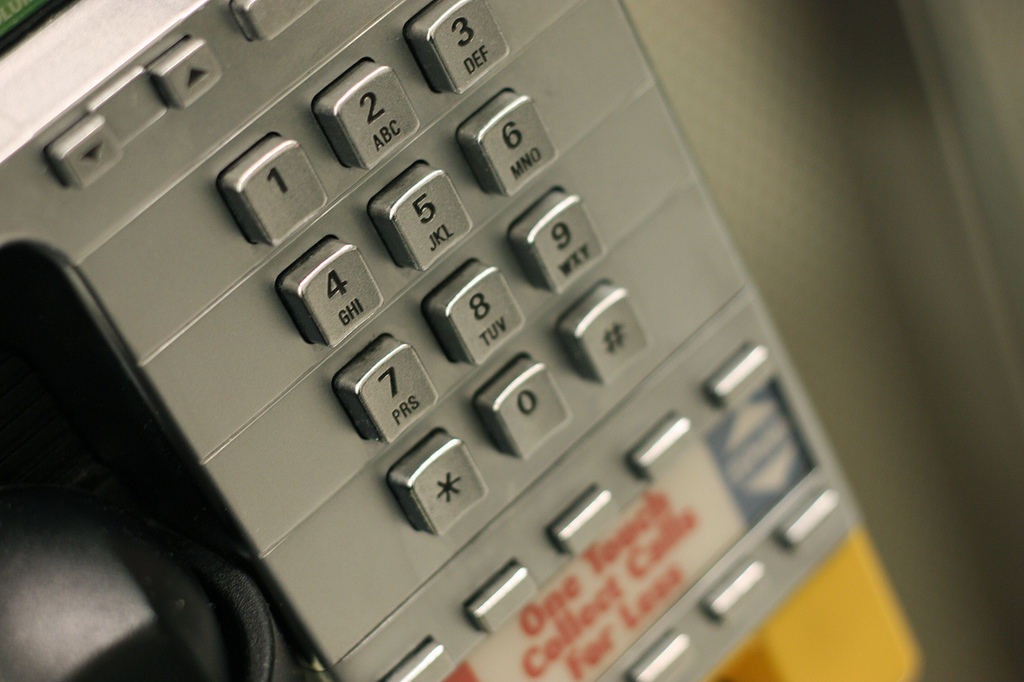Evidently, the process of protecting intellectual property is now a business in and of itself. Companies like IP Innovation, LLC are able to sustain themselves on patents and intellectual property litigation. As it turns out, the virtual desktop metaphore was established in the U.S. Parent No. 5,072,412 and open source products like Linux are in violation. IP Innovation seeks to recoup damages, which basically means they want to pocket some cash since they have no computer operating system products to speak of.
To accomplish this, they are following the money to the largest companies selling the Linux operating system (RedHat and Novell). What does this mean to you?
Probably not much. The open source development efforts will continue, and you will be free to choose any distribution you like. For that matter, if you like the virtual desktops offered by popular window managers then these features will continue to exist and can be used to greater efficiency on compositing window systems like Compiz.
It does, however, serve as a grim reminder to the inappropriate patent rights that have been granted in the computer software industry. This particular patent is protecting a company with no intentions of ever releasing software that would take advantage of these claims. To make matters worse, it is trivial to create a claim such as this one so we have protection for a company who doesn’t need it for a product that shouldn’t have been protected in the first place.
Patents are stifling innovation. A few years ago, I had planned to work with a friend on setting up a networked digital jukebox. Nothing fancy, we were going to build it using off-the-shelf software and a credit-based payment scheme. We soon discovered that there is a patent on this kind of thing (Computer Jukebox and Jukebox Network, John R. Martin). Everything would have likely been fine up until the point of attempting to recoup royalties for the copyrighted music. Needless to say, we thought of this idea over breakfast in a small coffee shop without knowledge of the patent. One of us decided to check for patent claims before proceeding and this is when we discovered that there was one.
Can you patent something that essentially involves installing the right set of software on your computer system?
Ironically, the .com domain name is already take by a real company, so IP Innovation was forced to settle for ip-innovation.info. I wonder if IP Innovation could claim IP Innovation, LLC is infringing on their brand? After all, it’s confusing to the consumer — who knows which one will be able to help with my VoIP needs.


